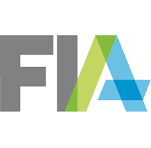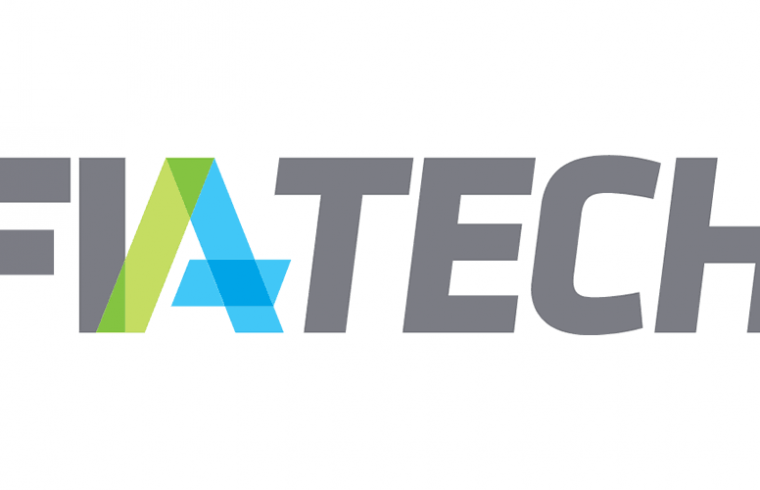 FIA President and CEO Walt Lukken today released a white paper that expresses FIA’s concerns about increased market fragmentation of the global listed and cleared derivatives markets due to inconsistent and duplicative regulatory frameworks. Further, the paper urges regulators to embrace the principles of reliance and regulatory cooperation and makes recommendations on how to avoid increased fragmentation in the regulation of cross-border activity in the global derivatives markets.
FIA President and CEO Walt Lukken today released a white paper that expresses FIA’s concerns about increased market fragmentation of the global listed and cleared derivatives markets due to inconsistent and duplicative regulatory frameworks. Further, the paper urges regulators to embrace the principles of reliance and regulatory cooperation and makes recommendations on how to avoid increased fragmentation in the regulation of cross-border activity in the global derivatives markets.
Derivatives markets are global in nature with transactions, clearing and settlement often happening in different countries, time zones and continents. The regulation of derivatives markets, however, is becoming more localized, with divergences in both the content of the rules and the pace of implementation. In addition, FIA observes that a number of national and regional regulators are moving toward more direct regulation of foreign activity and participation.
This fragmentation of the regulatory framework reduces liquidity and competition in derivatives markets by creating barriers to market access and increasing the complexities of compliance. It also undermines the resilience of the clearing system by making it more difficult for clearing firms to operate on a global basis.
Traditionally, regulators would rely on their counterparts in other jurisdictions to supervise certain cross-border activity so long as they have implemented a regulatory regime that achieves comparable outcomes. This approach is often referred to as “deference” or “substituted compliance.” Today’s white paper sets out several examples of the benefits of this approach as well as recommendations for effective implementation.

“Our markets are not defined by borders—they are defined by the needs of buyers and sellers no matter their location. FIA today is highlighting a growing problem in our markets, but one that can be addressed by international cooperation between regulators,” said FIA President and CEO Walt Lukken. “Our recommendations encourage greater harmonization through international standards and the reliance on comparable home country rules.”
In today’s white paper, FIA makes the following recommendations:
- International Standards: FIA recommends that international standards be set through a dialogue among peer regulators in an effort to achieve better results than rules set by one country alone. The varying perspectives and experience of regulators ensure proposed rules endure greater scrutiny and do not inadvertently result market fragmentation. It is critical that these international standards go through rigorous public comment and an opportunity for input given the importance of the standards and principles in regulation.
- Arrangements Between Regulatory Authorities: Regulatory authorities should put in place mechanisms for cross-border crisis-management planning. Crisis-management processes will be much more effective if they are agreed ex ante rather than authorities attempting to agree them during the early stages of a crisis. Further, the process of carrying out crisis-management plans will ensure that authorities are better prepared for dealing with a crisis, even if the permutations of the crisis deviate from those subject to the plan.
The current landscape of regulation for cross-border cleared derivatives markets is an opportunity for regulators to reset relations among themselves and move forwards on the basis of co-operative approaches.
Read the full white paper.












